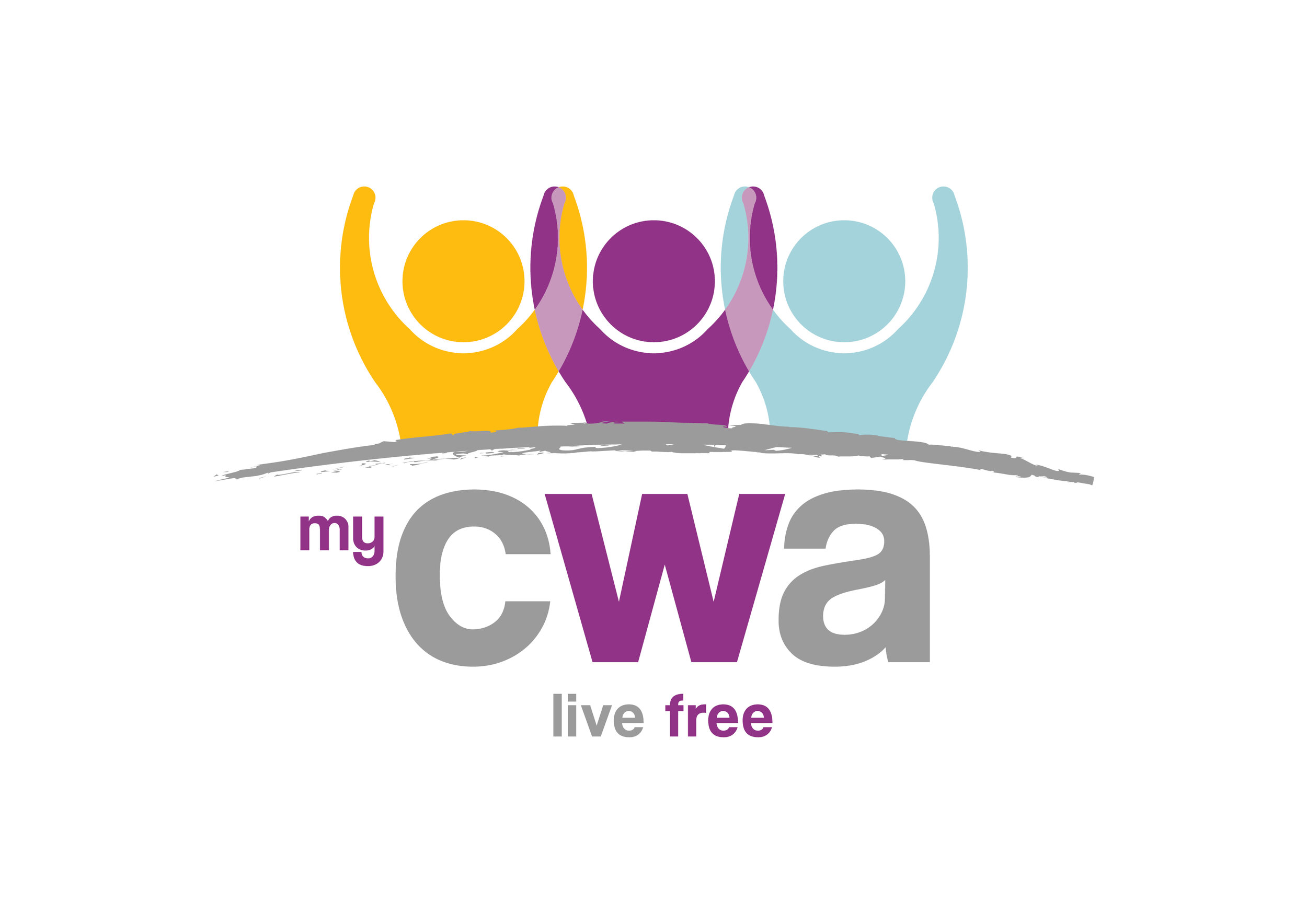identifying red flags
It can be really difficult to see your relationship as an abusive one as you are living it. You’re in the thick of it. Many abusers can seem charming, witty and absolutely perfect to begin with – and the abusive behaviours don’t start until later on. So it’s not always as simple as being treated badly and choosing to leave.
Red flags: early warning signs
Red flags are early warning signs that can help you avoid a potentially abusive relationship. They can help you to trust your own instincts before your abuser begins to make you doubt yourself. Think very carefully about how a partner makes you feel. If you sense any red flags, trust your own judgement and move on before things escalate.
Remember, you can leave a relationship at any time, for any reason. You don’t have to justify your decision and you don’t owe it to your partner to stay for any longer than you want to. Ever.
Identifying red flags
Take a look at some of the red flags we’ve listed below and have a think about whether or not you can relate to any of them. Does your partner…
Declare their undying love for you quickly, frequently and publicly? (e.g. on social media)
Want the relationship to move fast? (e.g. moving in together, opening joint bank accounts or trying for a baby)
Treat you differently in public than they do behind closed doors?
Limit your contact with others or try to isolate you?
Try to get you to dress the way they want you to?
View your friends as a threat to your relationship?
Interrogate you about where you’ve been, what you’ve been doing and who you’ve seen?
Embarrass you or put you down?
Make all the decisions?
Give you the silent treatment?
Say things like, “If you loved me you would…”?
Tell lies? Abusers often forget what they’ve said and then lie again and again to cover their tracks.
Blame other people? (Abusers struggle to accept responsibility when they’re at fault, so they will look for someone else to blame.)
Tease you or humiliate you and then claim that it was friendly / playful banter or just a joke?
Treat other people with contempt? (e.g. waiters, taxi drivers and retail assistants.)
Accuse you of being over-sensitive or over-emotional when they upset you?
Put pressure on you to have sex when you don’t want to?
Show empathy? (e.g. would they genuinely care if you’d had a bad day?)
Remember, the only person responsible for abuse is the abuser. You are not to blame. Visit recognising abuse to find out more. Or take a look at our self-help tools for tips on moving forward. Contact us now if you need to talk: 0300 123 5101 (or 01270 250390 if you’re calling from another area).

